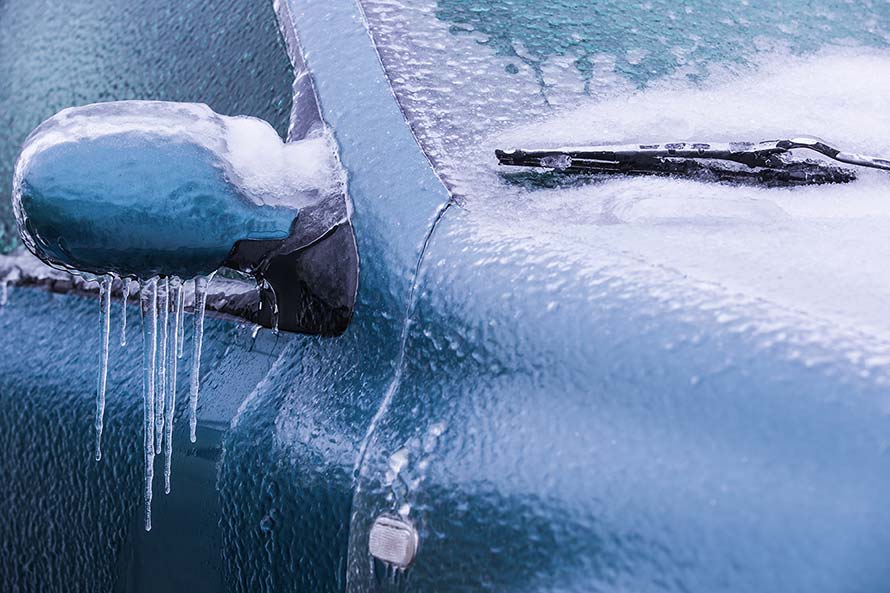Understanding CCA in Car Batteries
If you've ever struggled to start your car on a cold winter morning, understanding cold cranking amps (CCA) is essential. Let's explore why CCA is important for ensuring smooth starts in cold weather.
When it comes to car batteries, there’s a special number that will ensure your car will start reliably, especially in cold weather conditions. CCA is a vital specification that can make all the difference in your car's performance.
CCA measures your battery's ability to start your vehicle in cold temperatures. Specifically, the amount of amperage a battery can supply at zero degrees (-17,8 C) for 30 seconds while sustaining a voltage of at least 7,2 volts. In other words, a CCA rating tells you how well your battery can work in the hardest possible conditions for a car battery.
Is your car battery living on borrowed time?
If you're wondering how much life you have left in your car battery, ask for a free battery test at any Interstate All Battery Center today.
In cold temperatures, a car's engine oil becomes thicker, making it more challenging to turn over. Additionally, the chemical reactions within the battery slow down in the cold, reducing its overall efficiency. A higher CCA rating ensures your battery can deliver the necessary power to start the engine, even in freezing conditions.
The CCA rating is crucial for assessing how reliable a car battery is. A battery with a higher CCA can provide more power, making it more reliable when you need to start your car, especially during the winter months or in regions with colder climates.
As the temperature decreases, the available starting power diminishes while the required starting power increases.

CCA is often related to the size and weight of the battery. Batteries with higher CCA ratings tend to be larger and heavier because they have more lead plates and electrolyte, essential for delivering the required power. Balancing CCA, battery size and a car's needs is critical.
Choosing the Right CCA for Your Vehicle
Your car's manufacturer typically recommends a specific CCA rating based on the engine size and design. Always be sure to refer to your car manual, our battery finder or talk to a trusted auto pro to determine the ideal cold cranking amps rating for your vehicle.
If you live in an area with harsh winter conditions, opting for a battery with a higher CCA rating is advisable. It ensures that your car starts reliably, even in the coldest weather.
CA and CCA, What's the Difference?
Cranking Amps (CA) and Cold Cranking Amps (CCA) measure a car battery's power delivery in different conditions. CA gauges power at 32 F for general starting in moderate climates, while CCA evaluates power at 0 F. When selecting a battery, consider your climate and choose one with appropriate CA and CCA ratings for consistent starting performance.
While CCA is crucial for starting your vehicle, it's also essential to consider the battery's reserve capacity. Reserve capacity indicates how long a battery can provide steady power, which is critical when the alternator is unable to charge the battery.
Can't remember the last time you had your car battery tested?
Are you curious about the remaining life in your car battery? Request a complimentary battery test at any Interstate All Battery Center now.
Navigating Car Battery Lifespan
Your battery should typically last about 3-5 years under regular conditions. Climate and driving habits can affect how long a car battery will last.
If your car battery has died or you've noticed warning signs like a slow engine start, battery lights or a sense that it might die, check out Why Did My Car Battery Die or You Might Be Driving with a Dead Car Battery. Or get a battery test ASAP.
Understanding cold cranking amps is essential for maintaining a reliable and efficient car battery, especially before a big temperature swing. By paying attention to your vehicle's requirements, considering the climate and balancing CCA with other factors like reserve capacity, you can ensure that your car starts smoothly, regardless of the weather conditions. So, the next time you need a new battery, remember the CCA rating to keep your car running reliably.




